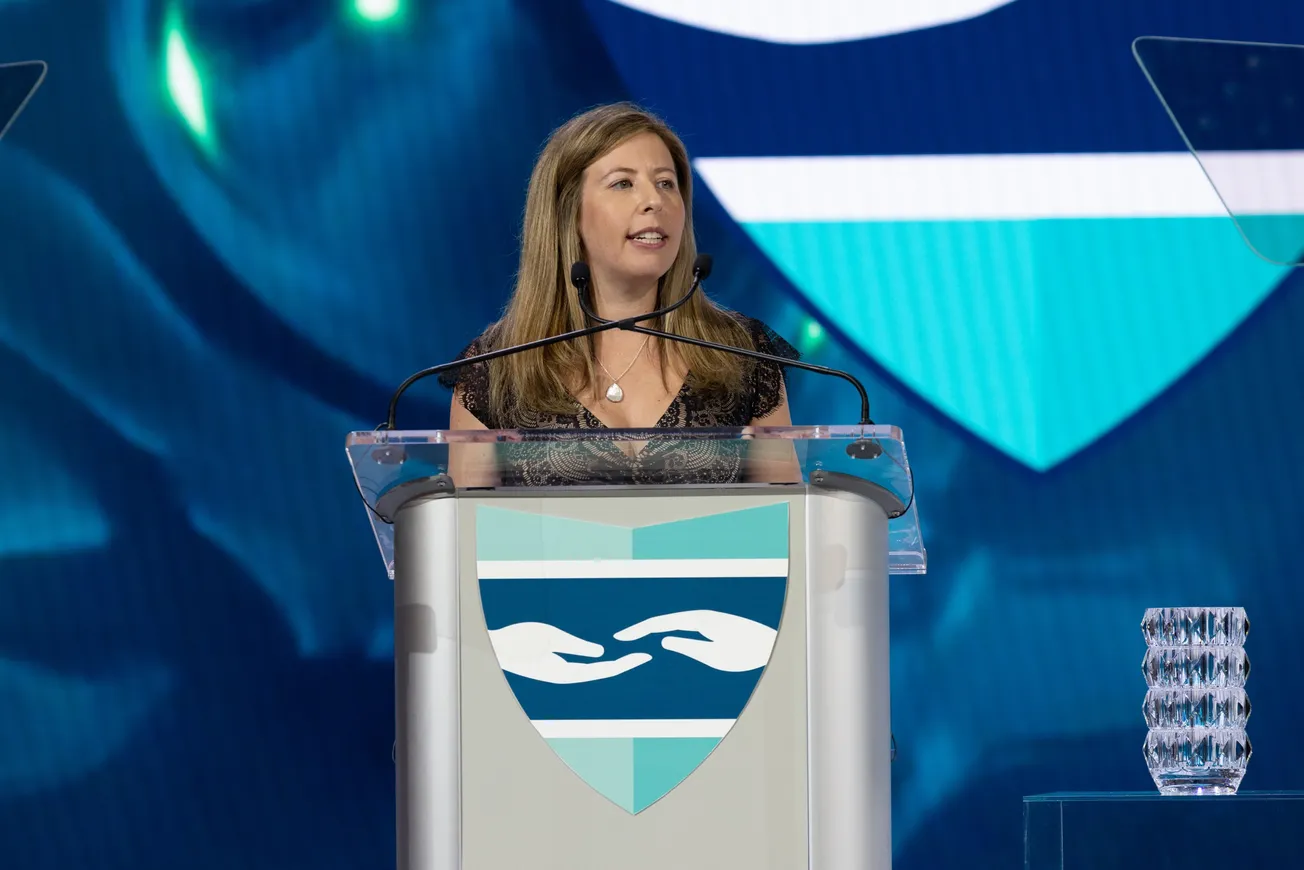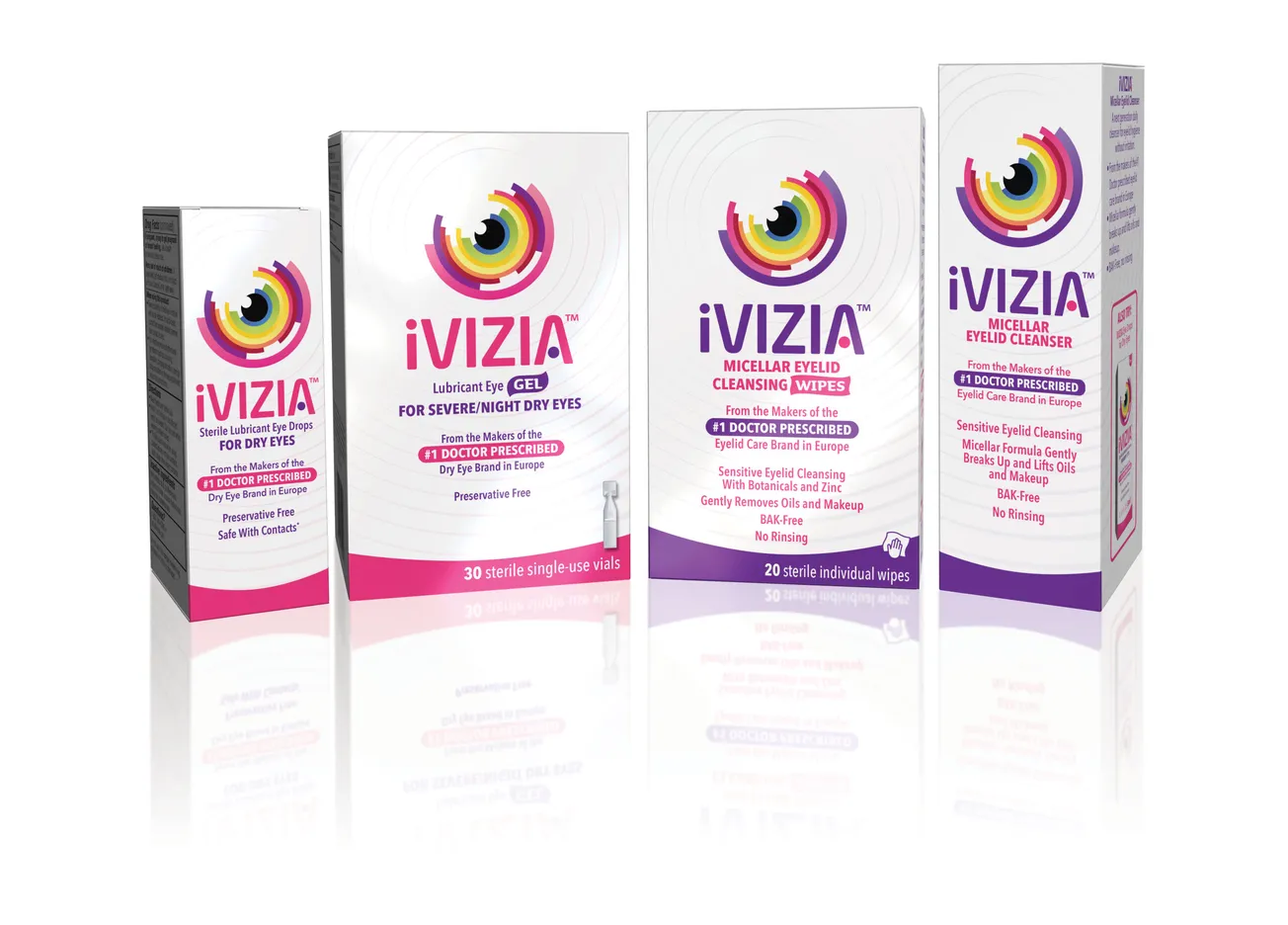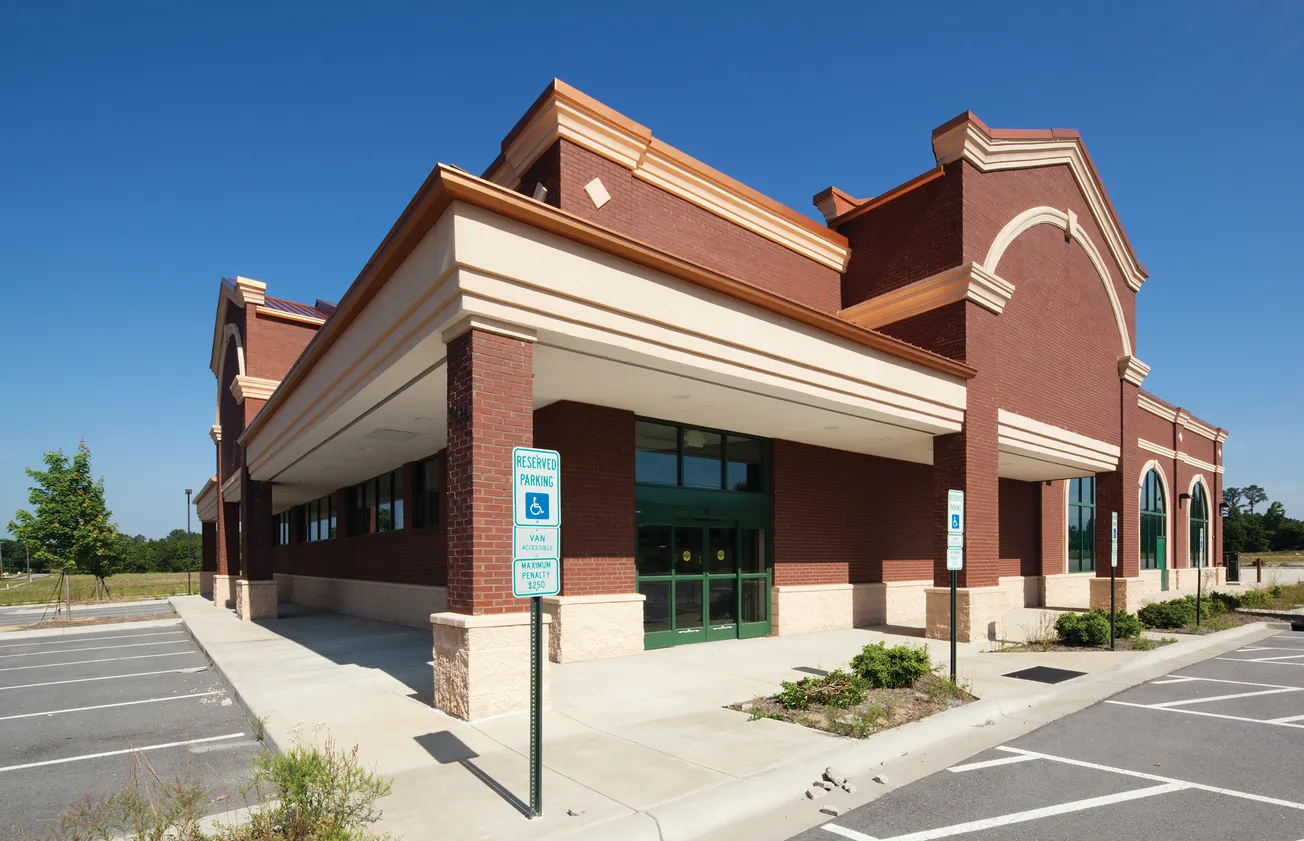The National Association of Chain Drug Stores Foundation stands on a strong record of accomplishment as it prepares for its annual fundraising dinner, which will be held in August in conjunction with NACDS Total Store Expo in Boston. Dedicated to supporting the health and well-being of Americans, the NACDS Foundation funds pharmacy-related research, education and scholarship programs that enhance patient outcomes, expand access to care and advance public health.
“We jumped into this world of research 10 or 12 years ago,” recalls NACDS Foundation president Sara Roszak.“It’s been a very exciting and interesting ride. We’re doing incubated research pilots that have the potential to move the needle on important health care services that people need.
“Our goal is to improve health outcomes, and these projects are an opportunity to be innovative, try different models, and see what works and what doesn’t. We’ve seen some promising results over the years.”
Slated for the evening of August 17, at the Omni Boston Hotel at the Seaport, the NACDS Foundation Dinner will garner support from across the industry (last year some $1.3 million was raised) to further that groundbreaking work. The keynote speaker for the event, whose overarching theme is the relationship between nutrition and chronic disease, will be Dr. Sanjay Gupta, a neurosurgeon best known for his medical reporting on CNN.
The results from a recent study on access to care for routine illnesses in pharmacies reflect how the NACDS Foundation helps foster new approaches to health care delivery. Conducted by researchers at Washington State University and Idaho State University, the project found that treatment provided by pharmacists in Washington was on a par with that available in other practice settings, while being much more affordable. The cost of care at pharmacies was more than $275 lower than other facilities, and, given the nearly 500 patients served by the project, $138,000 in costs to the health care system were averted. If all of the patients studied sought care at a pharmacy rather than a traditional site of care, more than $23 million would have been saved. The results give payers and policy makers a lot to think about as they consider ways to cope with two major issues — the growing shortage of primary care physicians and the high cost of health care.
Roszak says that the NACDS Foundation is seeking scalable solutions that have a lasting impact. Project Lifeline, a public health initiative led by the University of Pittsburgh, supports pharmacies with the implementation of screening, intervention and treatment services for people suffering from substance use disorder. After successful pilots in two counties in Pennsylvania, Project Lifeline is now being expanded to five additional states: Kentucky, New Mexico, Ohio, Tennessee and West Virginia.
“It’s our hope that the research we support helps validate concepts that make sense and gives others the opportunity to replicate them, and that they use the findings in their own communities,” she explains.
Support for pharmacy education is another priority. The NACDS Foundation offers scholarships that engage students and faculty members to develop meaningful initiatives, as well as sponsoring an executive fellowship program. The NACDS Foundation Faculty Scholars Program involves academics who are new to community-based research, according to Roszak. “We give them a starter grant to do a project under the guidance of the program. There are only a handful of people in each cohort, but the program — with facilitators from the University of Iowa and the University of Pittsburgh — has a big impact on training the next generation of leaders and researchers.”
The need for diversity and inclusion is a guiding principle for the NACDS Foundation. The commitment extends from scholarship programs to the research projects that receive funding.
“We have a really strong focus on health equity in our strategic plan,” Roszak says. “It is woven into everything that we’re doing, helping to ensure that everyone has access to health and trying to transcend barriers that could otherwise diminish access to care.”
The NACDS Foundation’s efforts continue to gain traction. Increasingly, thought leaders and health care providers are taking notice. But, Roszak asserts, there’s more to be done.
“We’ve made ourselves part of the conversation,” she says, “but we’re also trying to be more public-facing when it comes to sharing research results. We rebooted our website, and we’ve launched a social media channel for the NACDS Foundation on X, LinkedIn and Instagram. We want to engage in broader dialogue with other stakeholders, sharing the impactful work that we’re doing, learning what their areas of focus are, and forging new collaborations that will help us achieve our objectives.”
The NACDS Foundation is playing a pivotal role in building a body of fact-based research that supports the idea that community pharmacies can and should do more to help overcome deficiencies in the nation’s health care system. That’s a mission that should appeal to everyone in attendance at Total Store Expo.









